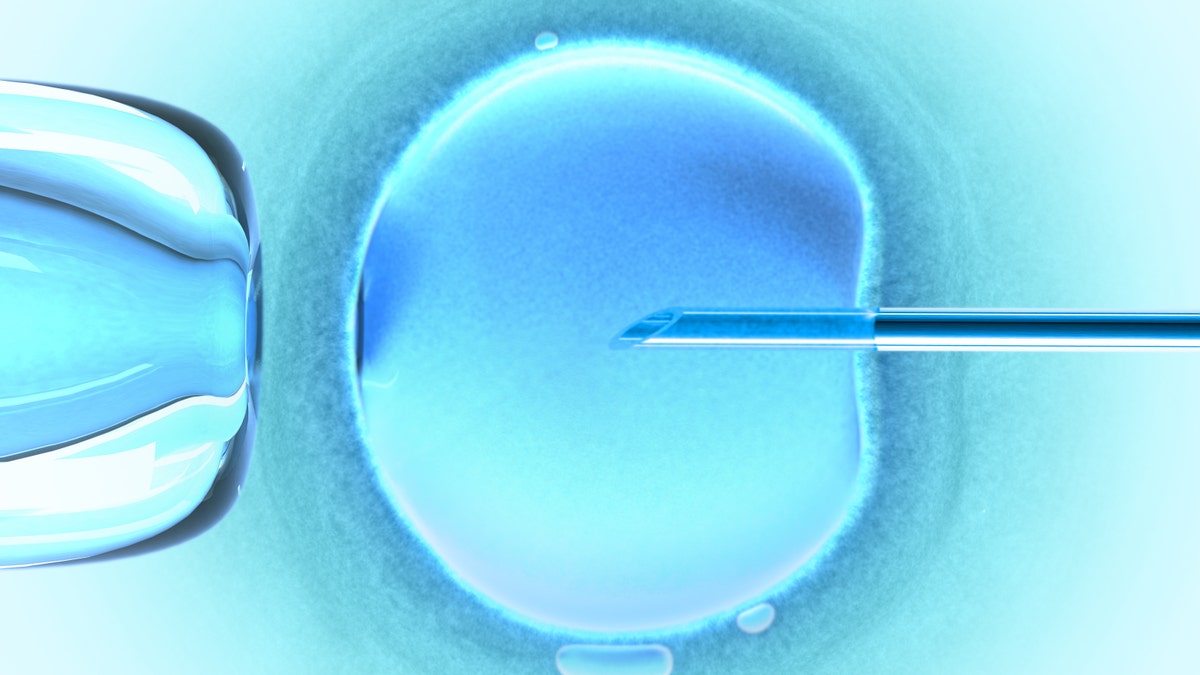
(iStock)
One of the most commonly treated infertility-related conditions in the United States is diminished ovarian reserve, also known as low-egg-count. In these patients, despite maximum amount of IVF medications, their ovaries produce few if any usable eggs for IVF.
Since these patients tend to have the same ovarian response to maximal doses of medications as they do to minimal doses of medications, there has been a new trend of using minimal stimulation for both older patients and those with poor ovarian reserve.
ANGELINA JOLIE'S FACIAL PARALYSIS: WHAT IS BELL'S PALSY
In 2013, Dr. Sherman J. Silber of the Infertility Center of St. Louis found that “minimal stimulation gave similar results to conventional IVF at half the cost and literally no side effects. For older women and those with very low ovarian reserve, it was actually superior to conventional IVF.”
The results of this study were likely due to the thought that high doses of fertility drugs may actually lead to abnormal egg development in women with poor reserve.
Therefore, gentler medical treatments leads to gentler growth of these delicate eggs and better outcomes.
When counseling a patient about conventional IVF vs minimal stimulation IVF, it is important to note that if the patient is not a poor-responder (as a result of a low egg count), under-dosing her medications could cause worse outcomes.
SCIENTISTS EDIT GENES OF HUMAN EMBRYOS IN US FOR FIRST TIME
This is due to the fact that fewer eggs are retrieved, therefore less will fertilize, and potentially fewer embryos will be available for transfer. This is also a rather new approach, therefore there is still a lack of long-term data on success rates and potential outcomes.
However, the risks of hyper-stimulation, which can be life-threatening, and the number of total injections are dramatically reduced so the overall patient satisfaction is much higher.
Furthermore, the cost is dramatically reduced, since not only is less medicine being used, but since fewer eggs are retrieved, less laboratory processing services are required.
Taken together, minimal stimulation IVF is a promising new tool for treating older patients and those with low egg counts.
Brian A. Levine, MD, is the founding partner and practice director of CCRM New York. Dr. Levine currently serves as a member of NYU’s Board of Trustees, completed his residency in Obstetrics and Gynecology at NewYork Presbyterian Hospital – Columbia University Medical Center and then completed his fellowship in reproductive endocrinology and infertility at NewYork Presbyterian Hospital – Weill Cornell Medical College.
